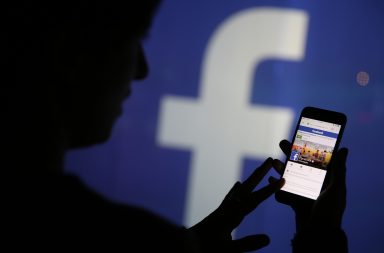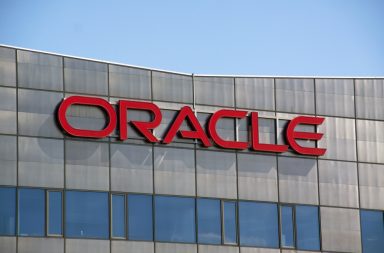Monday, the dollar hit a three-month high versus the yen as investors waged that a definite election victory for Japan’s ruling party would bring an extension of “Abenomics”, the ultra-loose policies keeping strain on the yen.
Against six major currencies, the dollar traded near its highest in 2-1/2 weeks as markets believe that the next chair of the U.S. Federal Reserve will take a more hawkish position on monetary policy.
U.S. President Donald Trump has stated that his selection of the Fed chair will be made “very shortly” and as he contemplates Federal Reserve Governor Jerome Powell, Stanford University economist John Taylor, and the current Fed Chair Janet Yellen.
On Sunday, Japanese Prime Minister Shinzo Abe’s ruling bloc dominated the election by winning a 313 seats collectively. “The politics of Abenomics will go on … (and) additional spending can only be supported by an extension of monetary policy,” said Esther Reichelt, currency strategist. She added that the U.S Fed chair decision is what will continue to drive the dollar against the yen.
Abe’s win reduced thoughts that the economic phases implemented during his term, especially the asset-purchase program by the Bank of Japan, would be interrupted and would stop the yen’s decline versus the dollar.
After the results, the dollar increased as much as half a percent to reach 114.10, the highest since mid-July.

THE MORNING REPORT
Start your workday the right way with the news that matters most.
Your information is 100% secure with us and will never be shared Disclaimer & Privacy Policy
“The relatively muted rise in dollar/yen following Abe’s election win is consistent with the fact that this was very much the most expected result,” stated currency strategist Sam Lynton-Brown.
On Friday, the dollar had already seen an increase after the U.S. Senate approved a budget blueprint for the 2018 fiscal year. Adding to these gains the dollar increased .0.4 percent against the euro, at $1.1742 EUR on Monday. The currency has fell from a 2-1/2-year high of $1.2092 on Sept. 8, as optimism that European Central Bank shall take a more hawkish position was reduced by rumors there is no rush to tighten policy.
 D. Marie
D. Marie 




